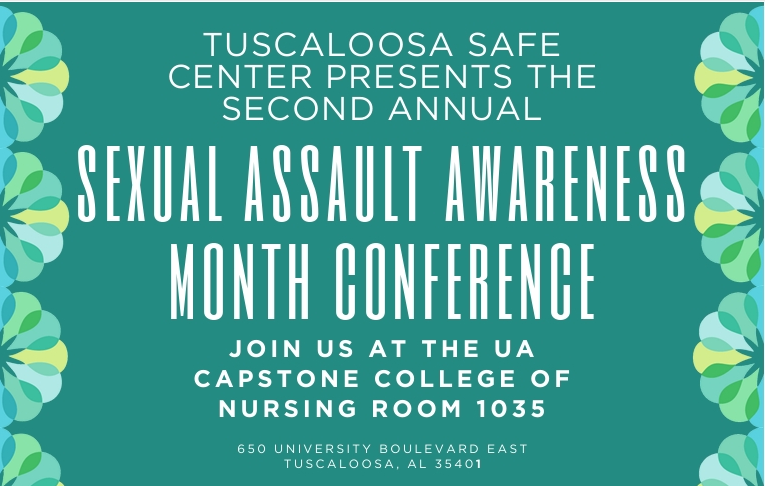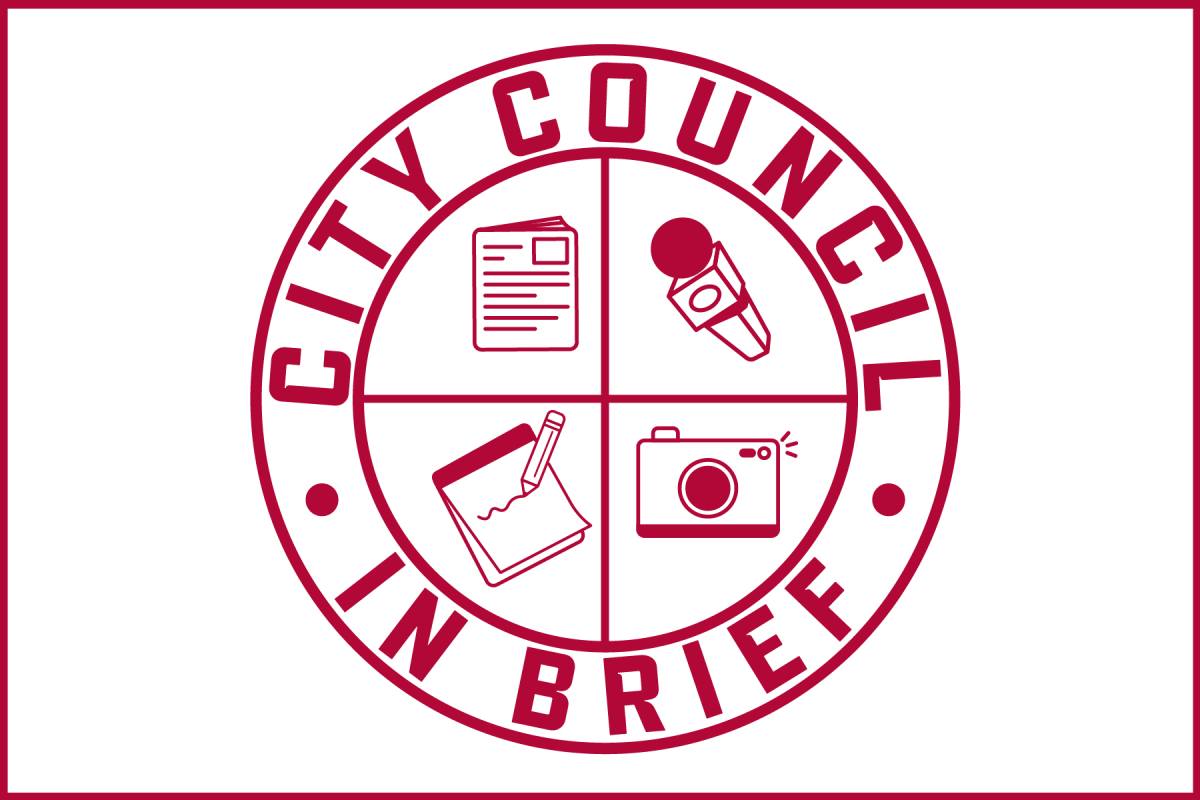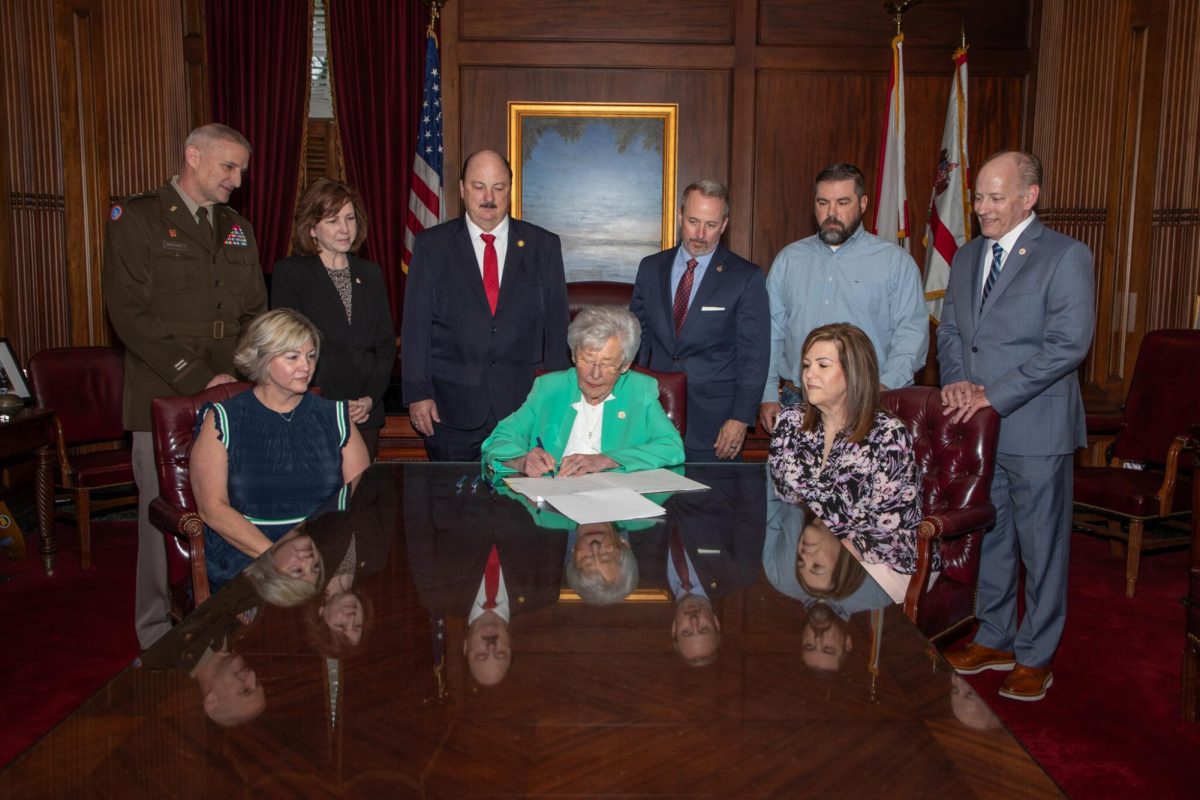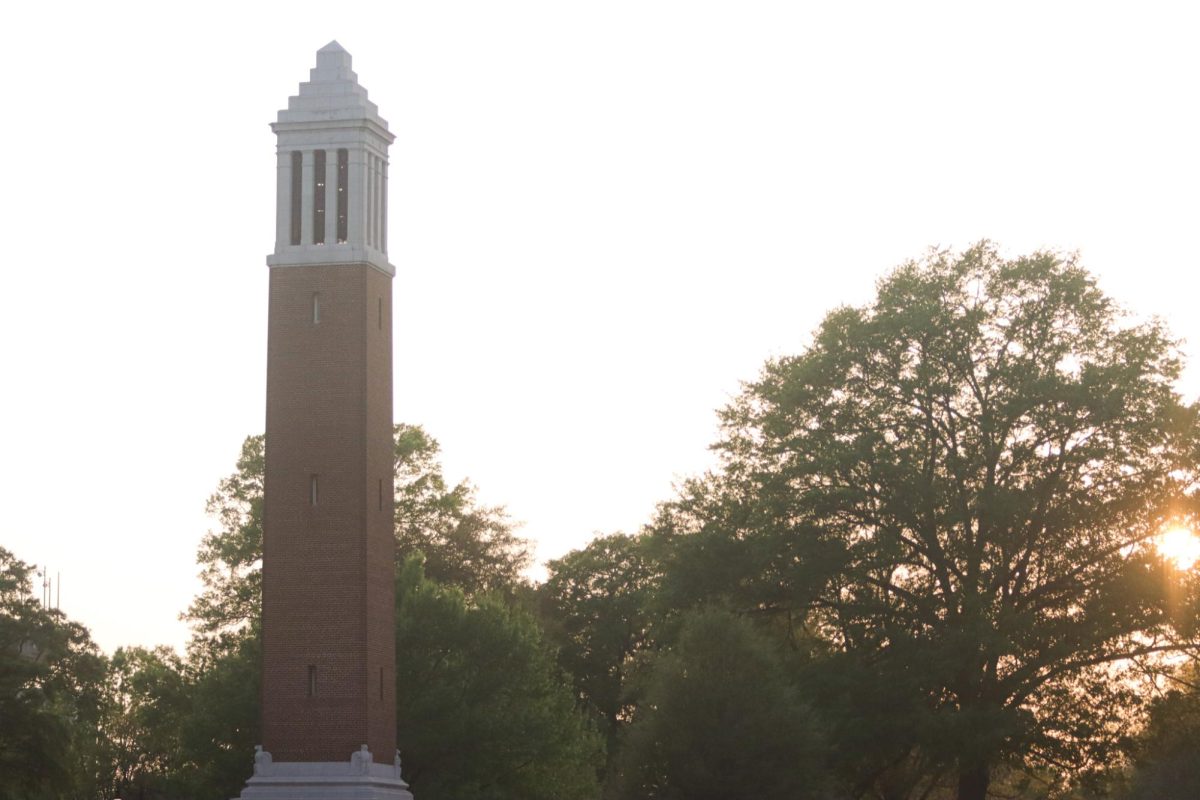Each year, Literacy is the Edge launches a two-week campaign to promote awareness of illiteracy in Alabama.
LITE is a student advocacy group at the University that helps “learners,” those without the basic knowledge of reading, writing and math, gain these skills through tutoring, Morgan Hooper, vice president of media relations for LITE, said.
According to LITE’s website, one out of every four Alabama residents is functionally illiterate and 65 percent of children of illiterate parents will become illiterate adults themselves. They also have a higher dropout rate and are more likely to become pregnant, live in poverty and commit crimes than children of literate parents.
“While LITE works year-round to recruit tutors and learners in the state of Alabama, we focus on a two-week campaign to really boost awareness,” Hooper said.
More than 70 percent of illiterate people are outside the K-12 school age range, she added.
Learners may go to any library to receive assistance in tutoring. Tutors are able to make their own schedule after one 90-minute training session, Hooper said.
Bruce Berger, professor of advertising and public relations and faculty advisor for LITE, said during his persuasive communication class, a graduate student presented illiteracy as a research topic for the class. What started out as a class project was eventually launched into a year-round campaign.
“The students and I decided to reorganize our class into an advocacy group to promote awareness of the literacy issue and recruit UA students as tutors,” Berger said.
Berger said 17 students in that fall 2008 class developed a campaign and recruited 204 volunteers – 80 of whom are now trained tutors. In fall 2009, 800 University students were recruited and 250 of those students became tutors.
LITE is centering its campaign around the number one, stressing that it only takes one hour per week to help change the life of one individual.
They are also developing Spanish-language materials for the program, he added.
The LITE team received an award and funding from the Center for Community Based Partnerships for Outstanding Student-Initiated Engagement Efforts 2008-2009 at the University, according to the website.
The campaign is funded through contributions from the SOURCE at the University and some faculty members, Hooper said.
According to the website, new tactics will be implemented for the upcoming LITE campaign, including using social media and the launching of their website. The campaign also needs volunteers to distribute flyers and pass out brochures.
LITE currently has several ways of staying in tune with raising awareness to this issue. Students may e-mail literacyistheedge@gmail.com, or find LITE on Facebook or Twitter.








